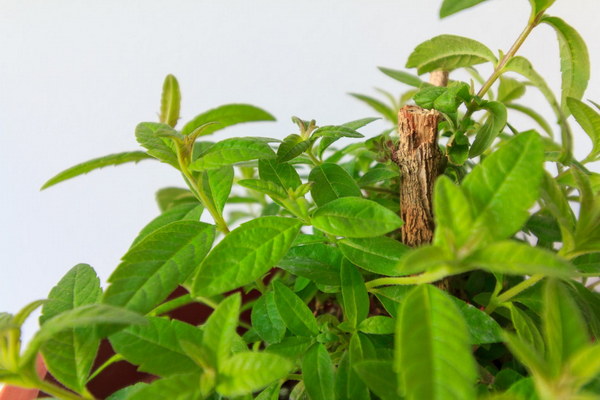Longevity Starts with Lung Care Symptoms to Watch Out For
Introduction:
The human body is a complex machine that requires proper care and maintenance to function optimally. One of the most vital organs in the body is the lungs, which play a crucial role in oxygenating the blood and expelling carbon dioxide. Maintaining lung health is essential for overall well-being and longevity. In this article, we will discuss the symptoms that indicate a need for lung care to ensure a long and healthy life.
1. Shortness of Breath:
One of the most common symptoms of lung problems is shortness of breath. If you find yourself struggling to breathe while performing daily activities that were once easy, it may be a sign that your lungs require attention. Shortness of breath can be caused by various conditions, such as asthma, chronic obstructive pulmonary disease (COPD), or even heart problems.
2. Persistent Cough:
A chronic cough that lasts for more than three weeks can be a symptom of lung issues. This cough may be dry or produce phlegm and can be accompanied by wheezing or chest pain. Conditions such as bronchitis, pneumonia, or tuberculosis can lead to a persistent cough.
3. Chest Pain:
Chest pain can be a sign of lung problems, particularly when it is sharp, sudden, or accompanied by shortness of breath. Conditions such as pleurisy, a lung infection, or aortic dissection can cause chest pain. If you experience chest pain, it is essential to seek medical attention promptly.
4. Fatigue:
Fatigue can be a symptom of lung problems, as the body struggles to get enough oxygen. If you find yourself feeling unusually tired or exhausted, even after a good night's sleep, it may be a sign that your lungs are not functioning properly.
5. Wheezing:
Wheezing is a high-pitched whistling sound that occurs when the airways are narrowed or blocked. It is commonly associated with asthma or COPD and can be a sign that your lungs need attention.
6. Sputum Production:
Producing sputum, or phlegm, can be a sign of lung problems. The color and consistency of the sputum can provide valuable information about the underlying condition. For example, green or yellow phlegm may indicate an infection, while blood-tinged sputum can be a sign of a more serious condition, such as lung cancer.

7. Loss of Appetite and Weight Loss:
A loss of appetite and unexplained weight loss can be a symptom of lung problems. This is because the body may not be getting enough oxygen, which can affect appetite and metabolism.
8. Blue Lips and Fingertips:
If you notice that your lips and fingertips are blue or purple, it may be a sign of a lung condition known as cyanosis. Cyanosis occurs when there is a lack of oxygen in the blood, which can be caused by lung problems such as emphysema or pulmonary hypertension.
Conclusion:
Lung health is crucial for overall well-being and longevity. By recognizing the symptoms of lung problems, such as shortness of breath, persistent cough, chest pain, fatigue, wheezing, sputum production, loss of appetite, weight loss, and blue lips and fingertips, you can take steps to address these issues and ensure a healthy, long life. Regular check-ups with a healthcare provider, avoiding smoking and exposure to pollutants, and maintaining a healthy lifestyle are essential for keeping your lungs in good shape. Remember, longevity starts with lung care.









